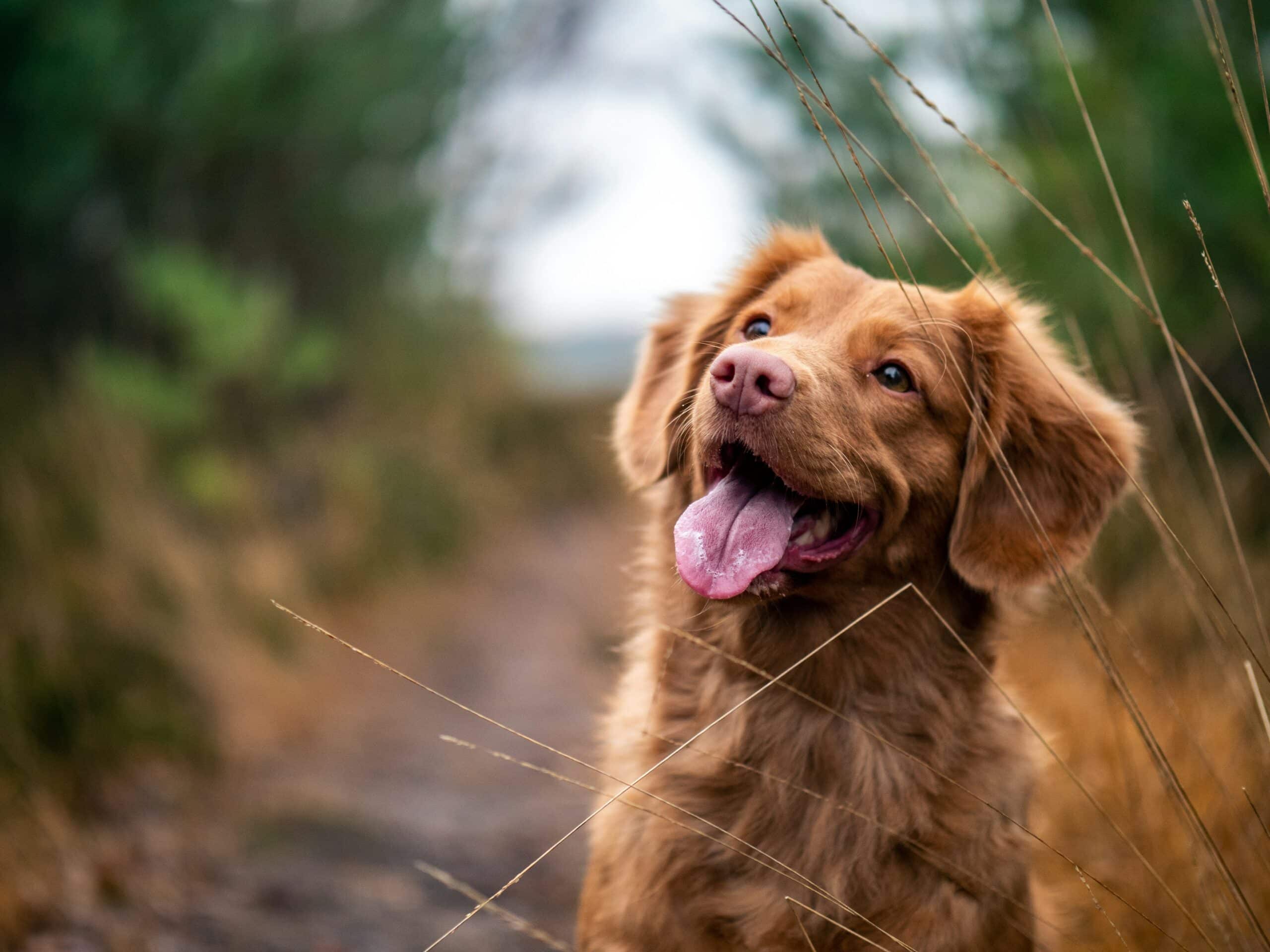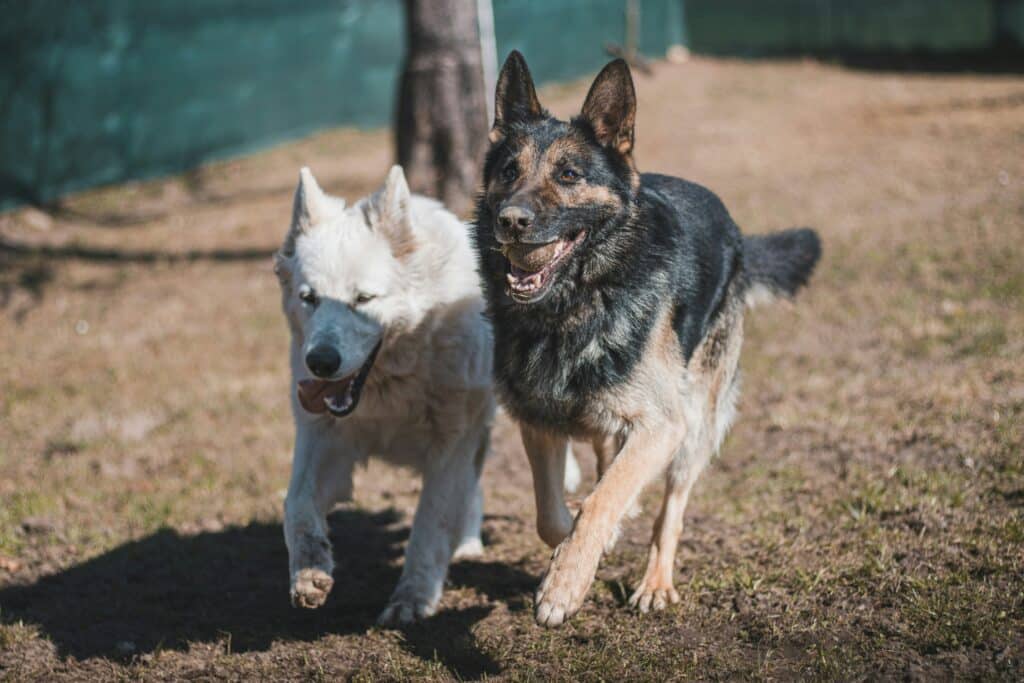
Bringing a new puppy home is an exciting and rewarding experience, but it also comes with the crucial task of training. How to train your new puppy should be one of the first things you think about, as it’s essential not only for your puppy’s well-being but also for maintaining harmony in your home. Whether you’re a first-time dog owner in Singapore or have raised pets before, this guide will walk you through the important steps needed to ensure your puppy grows into a well-behaved and happy companion.
Why Early Puppy Training Matters
How to train your new puppy properly from a young age can prevent common behavioral problems such as excessive barking, chewing, or jumping on people. Early training is essential in Singapore’s urban environment, where space is often limited, and you’ll encounter various people and pets. Early puppy training ensures that your dog integrates well into their surroundings and avoids potential issues.
According to research published by The American Veterinary Society of Animal Behavior, early puppy training has been proven to reduce the risk of behavioral problems later in life. Puppies trained from a young age are also more likely to adjust well to new environments and social situations, making it easier for them to integrate into busy city life.
1. Start with Basic Obedience Commands
Before diving into more advanced training, it’s crucial to start with the basics. Simple commands such as “sit,” “stay,” “come,” and “down” are the foundation of any well-trained dog. These commands help in controlling your puppy in different situations, whether at home, on walks, or in public areas.
Sit: Teach your puppy to sit by holding a treat near their nose and slowly moving it upward. As their head follows the treat, their bottom will naturally lower to the ground. Once they sit, say “sit” and reward them with the treat.
Stay: After teaching your puppy to sit, command them to “stay” by holding your palm up in front of their face. Gradually increase the time you expect them to stay before rewarding them.
Come: Use a cheerful tone to encourage your puppy to come to you. Reward them when they respond, reinforcing the behavior. This is an especially important command in Singapore, where crowded areas and traffic pose potential hazards.
2. Potty Training Your Puppy
Potty training is one of the most important aspects of puppy training, especially for Singaporean dog owners who often live in apartments or HDB flats. The goal is to teach your puppy where they can relieve themselves, which helps maintain cleanliness in your home and avoids accidents.
Create a Schedule: Puppies have small bladders and need frequent potty breaks. Set a consistent schedule for taking your puppy outside or to a designated indoor potty area. Early morning, after meals, and before bedtime are common times when puppies need to go.
Designated Potty Area: Whether it’s a grass patch outside or a pee tray indoors, designate a specific spot where your puppy should relieve themselves. Consistency is key, as puppies learn through repetition.
Praise and Rewards: Always reward your puppy when they go potty in the correct place. Use positive reinforcement, such as treats or praise, to make the connection between relieving themselves in the right spot and receiving a reward.
3. Socialization: Expose Your Puppy to New Experiences
Singapore’s urban environment presents many new sights, sounds, and experiences for your puppy. Socialization is the process of exposing your puppy to different people, animals, environments, and noises. The goal is to help them become confident and comfortable in various situations, reducing anxiety and fear later in life.
Puppy Playdates: Arrange playdates with other vaccinated puppies to help your puppy learn how to interact with other dogs. This can help them develop social skills and learn appropriate play behavior.
Public Exposure: Gradually introduce your puppy to different environments. Start with quieter places and work up to more crowded areas like parks or dog-friendly cafes. Singapore offers a variety of dog-friendly parks, such as West Coast Park and Bishan-Ang Mo Kio Park, which are ideal for exposing your puppy to new sights and sounds.
Different People: Allow your puppy to interact with a variety of people, including children, adults, and elderly individuals. This helps prevent fear or aggression toward unfamiliar faces.
A study by the American Kennel Club found that well-socialized puppies are less likely to develop behavioral problems such as aggression or excessive fear. Socialization during the first few months of a puppy’s life is particularly important, as this is when they are most receptive to new experiences.

4. Use Positive Reinforcement
Positive reinforcement is one of the most effective training methods. It involves rewarding your puppy for good behavior, which increases the likelihood of them repeating that behavior. Avoid punishment-based methods, as these can lead to fear and anxiety in your puppy.
Rewards: Use treats, toys, or praise to reward your puppy when they follow a command or exhibit good behavior. The reward should be given immediately after the behavior to reinforce the connection.
Ignore Unwanted Behavior: Rather than punishing your puppy for bad behavior, simply ignore it. For example, if your puppy jumps up on you, turn your back and wait for them to calm down before giving them attention. This teaches them that calm behavior is more rewarding.
Consistency: Make sure all members of your household are consistent with commands and rewards. Mixed messages can confuse your puppy and slow down their learning process.
5. Crate Training: A Safe Space for Your Puppy
Crate training can be an effective way to help your puppy adjust to their new home. It provides a safe, secure space for your puppy to relax and helps with potty training, as dogs naturally avoid soiling their sleeping area.
Introduce the Crate Gradually: Make the crate a positive space by placing toys and treats inside. Encourage your puppy to explore the crate on their own. Never force them inside, as this can create negative associations.
Crate Time Limits: Puppies have small bladders and can’t hold it for long. Don’t leave your puppy in the crate for more than a few hours during the day. At night, the crate can help your puppy learn to sleep through the night without accidents.
Quiet Time: A crate can also be used to provide your puppy with a quiet, stress-free place to rest when the household is busy or when guests visit.
6. Address Common Behavioral Issues
Puppies are naturally curious and can develop some troublesome behaviors, such as chewing on furniture or barking excessively. Addressing these behaviors early on prevents them from becoming long-term problems.
Chewing: Puppies love to chew, especially when they are teething. Provide appropriate chew toys and redirect them when they start chewing on furniture or other inappropriate items.
Barking: Puppies bark to communicate, but excessive barking can be a problem. Teach your puppy the “quiet” command by rewarding them when they stop barking on command.
Jumping: While it may seem cute when your puppy jumps up on you, this behavior can become problematic as they grow. Teach your puppy to greet people calmly by rewarding them when all four paws are on the ground.
7. Training Classes: A Helpful Resource for Singapore Dog Owners
If you’re struggling with training or want professional guidance, consider enrolling your puppy in a training class. Many dog training schools in Singapore offer group classes that focus on basic obedience, socialization, and addressing behavioral issues. Some of the popular training centers include Pawsitive Sensations and Woofie Dog Training School.
Group training not only teaches your puppy important skills but also provides an opportunity for socialization with other dogs and people. Professional trainers can offer valuable insights and tips specific to Singapore’s urban environment.
Conclusion: Start Training Early for a Well-Behaved Companion
Training your puppy is a rewarding experience that sets the foundation for a happy and well-behaved dog. By focusing on basic commands, potty training, socialization, and positive reinforcement, you’ll ensure that your puppy grows into a confident and obedient companion. Remember, consistency and patience are key to successful training.
Jun Hao is a passionate advocate for pet adoption, care, and volunteering. With a heart dedicated to giving animals another chance, Jun Hao spends his days promoting the joys of rescuing and rehoming pets.
“Every pet deserves love and care, and I’m here to support their journey.”
Share this:
- Click to share on WhatsApp (Opens in new window) WhatsApp
- Click to share on Facebook (Opens in new window) Facebook
- Click to share on LinkedIn (Opens in new window) LinkedIn
- Click to share on Pinterest (Opens in new window) Pinterest
- Click to share on Tumblr (Opens in new window) Tumblr
- Click to share on X (Opens in new window) X
- Click to share on Reddit (Opens in new window) Reddit
- Click to share on Telegram (Opens in new window) Telegram
- Click to email a link to a friend (Opens in new window) Email
- Click to print (Opens in new window) Print






























